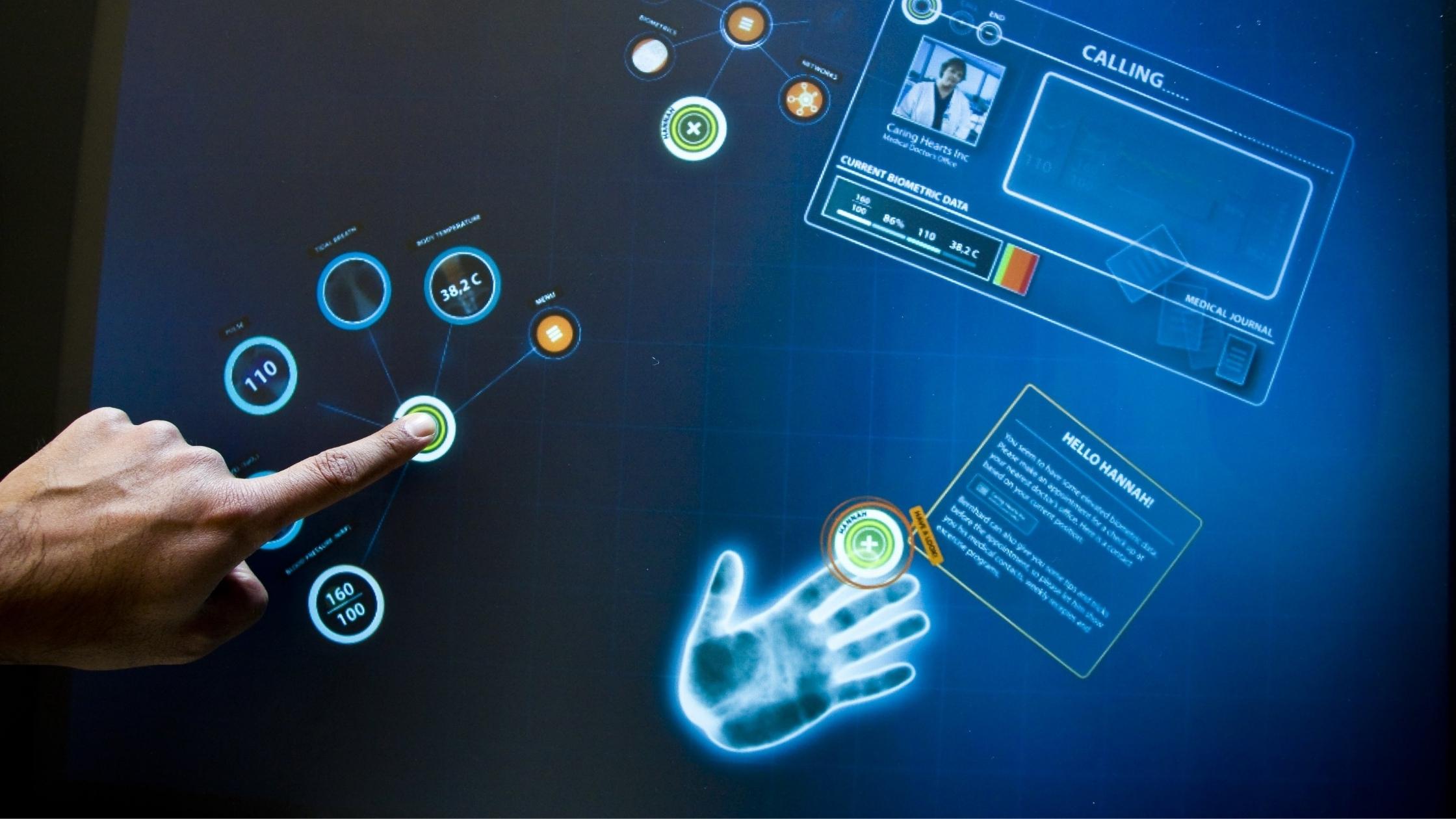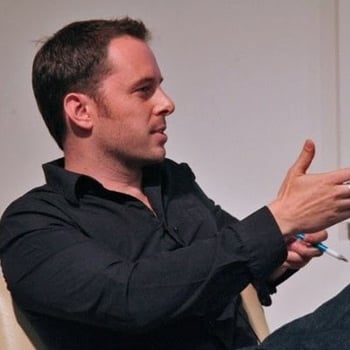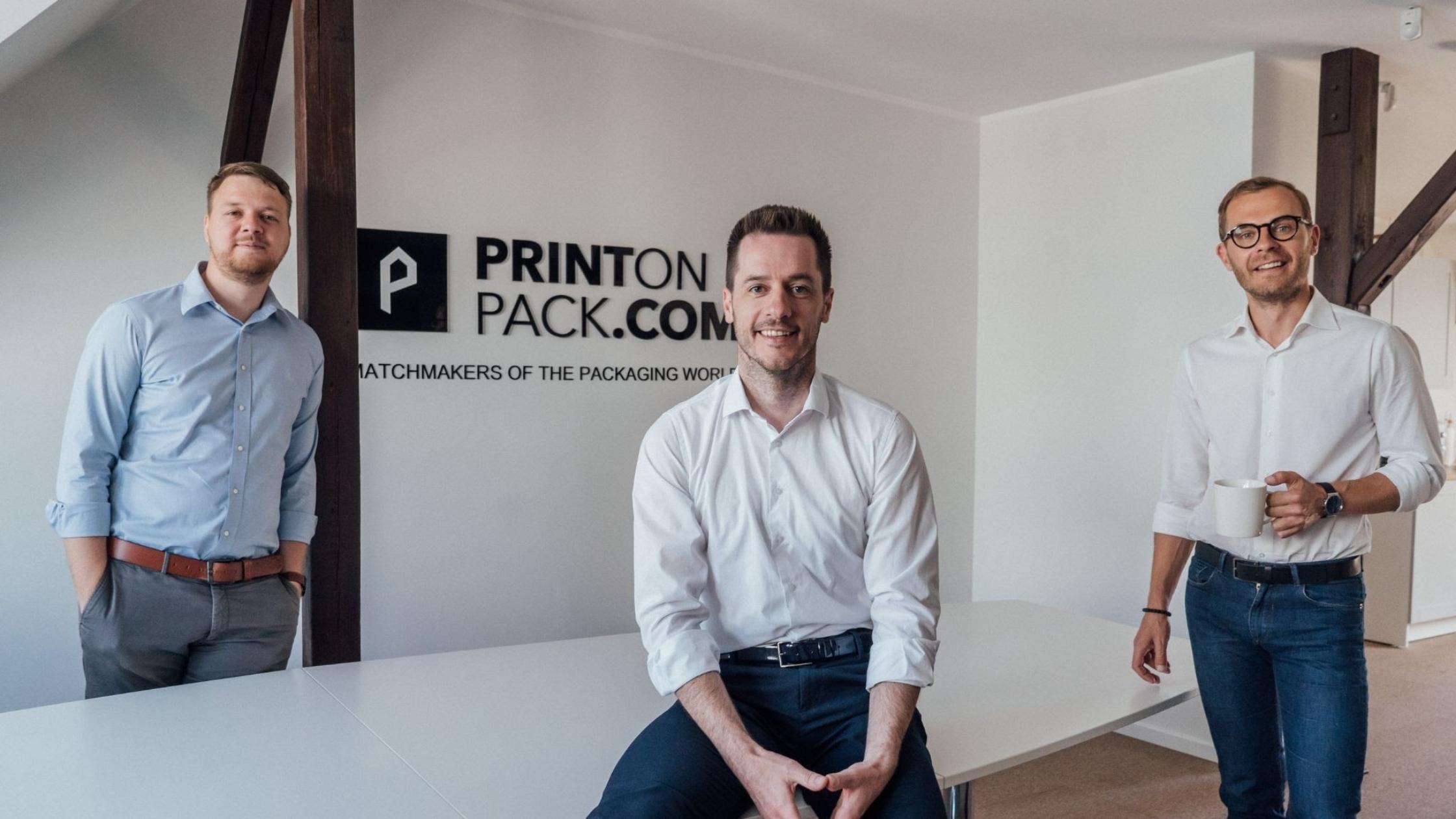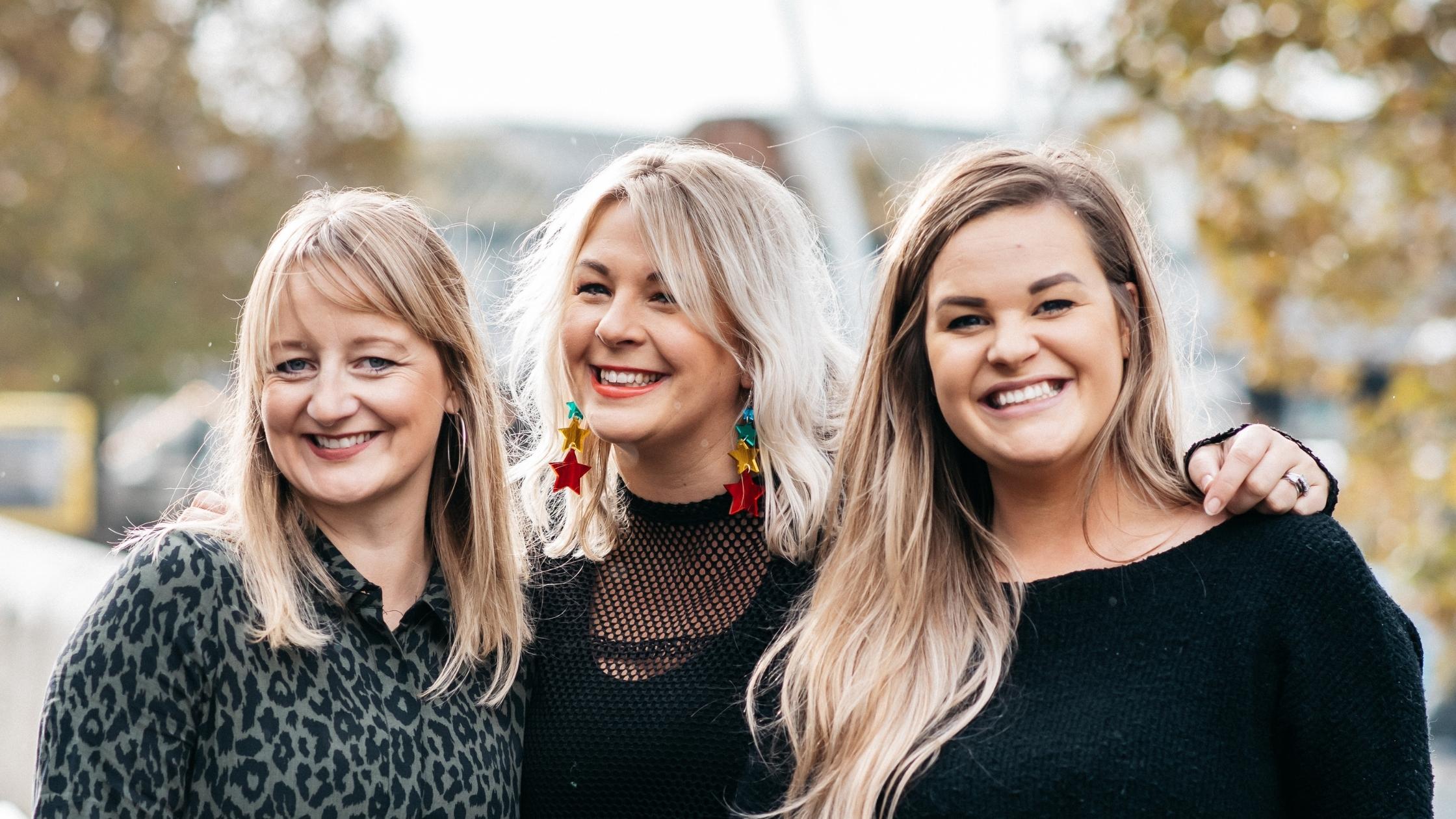Seven things first-time founders should avoid
Last updated: 28 March 2024.
Manage your equity and shareholders
Share schemes & options
Equity management
Migrate to Vestd
Company valuations
Fundraising
Launch funds, evalute deals & invest
Special Purpose Vehicles (SPV)
Manage your portfolio
Model future scenarios
Powerful tools and five-star support
Employee share schemes
Predictable pricing and no hidden charges
For startups
For scaleups & SMEs
For larger companies
Ideas, insight and tools to help you grow

Happy International Leadership Week! To celebrate, we're launching a brand new series, The Business Pharmacy, where founders of successful businesses share their 'prescription' for success.
Let's kick things off with Andrew Scott's words of wisdom. Andrew is the co-founder of 7percent Ventures, investors in early-stage tech startups.

Hi Andrew! We want to hear your prescription for success. Let's start with your routine.
My routine is influenced by where I am living and the weather. For the last two years, I have lived in Italy, France, Portugal and now I am back in the UK.
In those places, I was up around 7.30 am, swimming every day and going for weekend walks. Back in cloudy London, I'm up at 8 am, struggling to exercise and when it's raining the pub seems to sing a siren song.
Generally, I check my emails to clear off urgent to-dos, a quick check of Twitter and the BBC headlines. I then remind myself what the two most important things are to do today.
We have a daily team stand-up for 10 mins every day except Friday and a longer team sync-up call on Monday mornings. I will try and group similar tasks and I block out 2-3 days a week with no meetings (every meeting produces more work).
I'm addicted to multi-tasking. Business calls in taxis, walking back from swimming, or while cooking. Listen to a podcast in the shower. In the evening I always take at least an hour to unwind with a book or a film.
Saturday I'll try and work on my film script or more creative 7percent work. Sundays are usually a day off and I try to leave my phone in another room and ignore all notifications.
How do you fuel your day?
I don't eat breakfast unless I'm hungry. In general, I don't eat processed or fast food and almost always cook in some way or another. Not eating too much starchy, carbohydrate saturated food is hard in the UK.
The rain or grey skies makes me crave pies and pasta. I try not to eat too much sugar and I'm hypersensitive to caffeine so restrict myself to decaf or a maximum of one coffee a day, before midday.
I don't drink alcohol during the week and for four months earlier this year, I didn't drink at all. I feel as though not drinking is a superpower. But I love wine or a pint of London Pride, so staying on the wagon long term would be hard.
I think almost everyone underestimates the impact of food on our moods, mental health and our physical ailments. It is hard not to overeat or eat rubbish. Equally, many people I know have diets that are obsessive and often unhealthy.
If you want to have laser-sharp focus, work twelve hours a day and build a billion-dollar company, you can't accidentally starve yourself of calcium, iron or vitamin B12.
But eating burgers every day will also damage your ability to think clearly and make every stressful situation feel ten times worse. My mother promoted no processed food, not too much sugar and eating everything in moderation.
It's actually easier to eat healthily and, for most people, not to be overweight, than everyone says. It just takes lots of little decisions: don't buy crap in the supermarket, skip the biscuit aisle.
Buy a Jamie Oliver book and learn how to cook simple food. And don't overeat. It's doable. My weakness is dark chocolate. Two squares in the evening only. Sometimes I fail with that limit.
What inspires you?
The founders I speak to every day inspire me. So many people are trying to do amazing things. Beyond that, I've always been fascinated by history and the people who shape it.
How can one not be inspired by the dogged determination or sheer self-belief of their own destiny, by the likes of Winston Churchill? What drives me is the belief the world can be better and we have the power to make it so.
Each of us can choose how we spend each hour of our day. Is that going to be building something of consequence, helping people or society by volunteering, or sacrificing one's personal life to politics?
Whatever we choose, it has never ever been more possible than it is today for an individual of limited means to start an entrepreneurial endeavour that could have a far-reaching impact on the world.
Or to launch themselves into civic society utilising the power of social media to do so. The money is available. All you need is the vision, a plan, and some Churchillian dogged determination.
Or, we can spend our time blaming others for our misfortunes and see problems, not opportunities.
When I'm feeling uninspired the right movie can refuel my passion or even the right Youtube clip. It's a cheap trick but I'm happy to manipulate myself with whatever works.
What about getting some shut-eye?
I'll read the news for an hour before I sleep. Some find that stressful, I don't. I go to sleep listening to an Audible book - always factual, never novels.
Films are my fiction format and there is so much in the world to learn about and learn from. Getting a narrator who isn't annoying is important though. Simon Winchester narrates his own books, most of which are excellent.
I need eight hours or I'm not running at 100%. I'm a night owl, not a morning worm, so it's hard for me to find my bed before midnight. Left alone I'd slip into a 3 am to 11 am sleep cycle.
Late night sessions of focused work until the early hours can sometimes be really useful but that doesn't really work in our society as a habit and arguably probably isn't very good for you either! Strangely I wake up much earlier when on holiday.
What tools do you use?
Tools are a double edge sword. Like redoing your brand or redesigning your website, it feels good to sweep everything away and start with a fresh new tool.
Often the blockers to productivity lie elsewhere though: not having a process, poor prioritisation or lack of a plan (and planning) which everyone is aligned to and understands the purpose of and reason for.
I despise tools that create admin overhead. Consequently, efficiency is a great measure when choosing a toolset.
That's why Google Slides wins out for me over more complex but cleverer presentation tools, because so often presentations require collaboration to get them over the line. Slides reduce friction for collaboration.
I'm a Gmail man, Superhuman didn't suit me. Once I learned the shortcut keys for Gmail (a productivity superpower in itself!) I struggled to see the advantages of switching.
We use StreakCRM because it sits inside Gmail, reducing friction to update and access. Todoist is our task tool for the team, though if I was developing a product I would be using JIRA (it's not the coolest but it is the most effective).
I use Chrome and a Windows 10 laptop (that is also uncool, apparently).
Google Maps on my phone seems to be a constant companion (I'm obsessed with optimising my travel to places!). I use FreeNow, Uber and Boris Bikes for travel.
I won't sign anything which isn't sent in Docusign or another e-signing app. Whatsapp is used by a surprising amount for business conversations these days. Linkedin is a spam machine so it's just a glorified address book for me, I ignore my Linkedin inbox.
As an investor, I basically spend my life in my email. As a startup founder, you should probably spend your life talking to customers and your team.
What's your strategy?
I think anything you choose to do in life you should strive to be the best at. Doesn't matter whether you are pulling pints in a pub or building Europe's best early-stage tech VC firm.
We believe what has held tech startup founders back in Europe is the investors. A new generation of venture capital investors is now evolving and some of the incumbents are adopting a more 'Silicon Valley' approach to investing, but we've been doing that for years.
Our strategy then is simple: become the first choice for exceptionally ambitious early-stage founders, by being the investors we would have wanted when we were raising money for our startups.
When you have a startup it's vital to understand WHY you are running the company and your own ambition level. Many companies should not take venture capital funding.
The one thing I have learned in 7 years of investing is that you have two types of startup founders: one is driven by their product and running the business, the other is driven by growth.
Growth to deliver their vision at any cost is what drives them. If that means they have to pivot the company 180 degrees and abandon their original preconceptions about the product, they'll do it.
They want to dominate or die. That's a pretty unique mindset and one which many founders when it doesn't come to them naturally, don't internalise. You really need it, or you probably won't win.
Remote or non-remote?
For our startups? I don't care. For me? Remote. I do think we lose something with some meetings by not being in the same space: brainstorming for example. Or difficult negotiations.
We've started using Oculus headsets to meet in VR. It's early days, but life imitating art once again is our future: we'll be talking to full 3D holograms on a daily basis within twenty years.
I've actually worked remotely on and off since I started working.
When I was running WorldWideCity which included a hosting business, I was twenty years old and visiting my girlfriend in France, using infrared to dial-up via my Palm Pilot and an early GPRS phone to fix a server problem via SSH and a command-line interface.
Thank god life is easier now!
Share scheme or no share scheme?
Share scheme. A generous share scheme. At least 10%, preferably 20%. Humans are the most expensive resource in your startup. They will dictate success or failure.
You should be aiming to make all your early hires multi-millionaires. If they are just average employees, fire them. If they are exceptional, you should not begrudge a few million to them from the 100m+ you're going to make at exit.
And if you're not planning to make 100m+ at exit, don't take venture capital money.
What do you tell entrepreneurs to avoid?
Two things:
1) Taking money from, or hiring, anyone whose gut tells you "there's something not right".
I've found my gut can be wrong about many things, but almost never people.
2) Don't spend your life doing something you don't love. Life is too short.
Doing something you love doesn't mean it's easy, in fact usually the opposite, because as humans we don't get satisfaction from being gifted anything. We're driven by mastery. To master something is a challenge and normally involves failure.
So, pick up a challenge. Go do something good for society and the world.
On your deathbed you'll be happy you did, even if you fall short of hitting the moon, you'll have metaphorically gone into space. And that's more than most people will ever do.
Wise words all-round, thanks Andrew!

Last updated: 28 March 2024.

What's the secret behind successful founders? At The Business Pharmacy, we're here to find out...

The Business Pharmacy, where successful founders share their 'prescription' for success, is open.